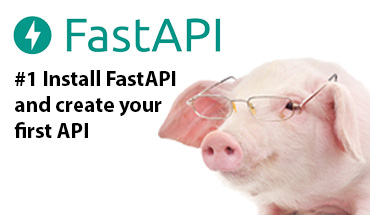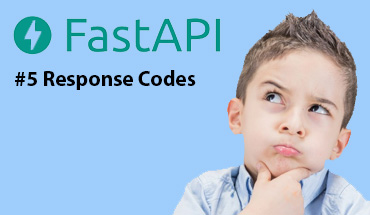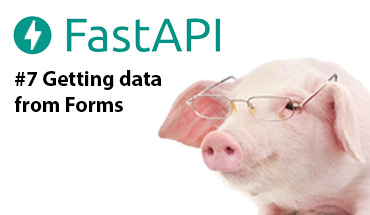Dependencies Injection

Simple Dependency
Here is an example of declaring a function that will then be used to pass the same parameters to other route functions:
from fastapi import Depends, FastAPI
app = FastAPI()
async def common_parameters(q: str | None = None, skip: int = 0, limit: int = 100):
return {"q": q, "skip": skip, "limit": limit}
@app.get("/items/")
async def read_items(commons: dict = Depends(common_parameters)):
return commons
@app.get("/users/")
async def read_users(commons: dict = Depends(common_parameters)):
return commons
Dependency in class
Here is the same example, but using a class:
from fastapi import Depends, FastAPI
app = FastAPI()
fake_items_db = [{"item_name": "Foo"}, {"item_name": "Bar"}, {"item_name": "Baz"}]
class CommonQueryParams:
def __init__(self, q: str | None = None, skip: int = 0, limit: int = 100):
self.q = q
self.skip = skip
self.limit = limit
@app.get("/items/")
async def read_items(commons: CommonQueryParams = Depends(CommonQueryParams)):
response = {}
if commons.q:
response.update({"q": commons.q})
items = fake_items_db[commons.skip: commons.skip + commons.limit]
response.update({"items": items})
return response
The e expression that the dependency is injected could be simplified as follows:
async def read_items(commons: CommonQueryParams = Depends()):Nested dependencies
from fastapi import Cookie, Depends, FastAPI
app = FastAPI()
def query_extractor(q: str | None = None):
return q
def query_or_cookie_extractor(
q: str = Depends(query_extractor), last_query: str | None = Cookie(default=None)
):
if not q:
return last_query
return q
@app.get("/items/")
async def read_query(query_or_default: str = Depends(query_or_cookie_extractor)):
return {"q_or_cookie": query_or_default}
Dependencies on the route decorator
In cases where we need to execute the dependency but not use any return value from it, we can execute the dependency in the decorator of the route function:
from fastapi import Depends, FastAPI, Header, HTTPException
app = FastAPI()
async def verify_token(x_token: str = Header()):
if x_token != "fake-super-secret-token":
raise HTTPException(status_code=400, detail="X-Token header invalid")
async def verify_key(x_key: str = Header()):
if x_key != "fake-super-secret-key":
raise HTTPException(status_code=400, detail="X-Key header invalid")
return x_key
@app.get("/items/", dependencies=[Depends(verify_token), Depends(verify_key)])
async def read_items():
return [{"item": "Foo"}, {"item": "Bar"}]
Dependency Global Enforcement
from fastapi import Depends, FastAPI, Header, HTTPException
async def verify_token(x_token: str = Header()):
if x_token != "fake-super-secret-token":
raise HTTPException(status_code=400, detail="X-Token header invalid")
async def verify_key(x_key: str = Header()):
if x_key != "fake-super-secret-key":
raise HTTPException(status_code=400, detail="X-Key header invalid")
return x_key
app = FastAPI(dependencies=[Depends(verify_token), Depends(verify_key)])
Dependencies with yield
In cases where you want to execute a dependency and after obtaining the response from the function, other functions are executed, in these cases yield is used:
async def get_db():
db = DBSession()
try:
yield db
finally:
db.close()
Example to understand the execution flow:
from fastapi import Depends, FastAPI
async def verify_yield():
print('1->First dependency lines')
try:
yield print('2->Yield dependency lines')
finally:
print('4->Finally lines')
app = FastAPI(dependencies=[Depends(verify_yield)])
@app.get("/users/")
async def read_users():
print('3->Function lines')
return [{"username": "Rick"}, {"username": "Morty"}]
Thanks for reading :)
I invite you to continue reading other entries and visiting us again soon.









